Salesforce Community offer you the chance to bring your live customer data into a website as well as the opportunity for your customers/ partners or indeed internal members of staff to add data into your Salesforce instance.
Are the times though when it is best to use a traditional website over a community? For this question it is worth noting that a website can’t match the abilities of a Partner or Employee community so it is really just the customer version that we are discussing.
So when might a Customer community work and when would a website be a better bet? Well all communities are website, they are based on Salesforce Sites but they do have a cost attached per user in a way that traditional websites do not. This cost means that you have to justify using the Community so when may it not be worth using a community?
- An info site. If you are providing general or non-customised information which can be hidden behind a sign in page then there is no need for a community. If however you want people to log in and change information or be provided with highly customised information then a community is worth considering depending on the type or amount of information be altered.
- Tradition ecommerce site. There is a lot of functionality which is precise to ecommerce. If this is what you need and you use Salesforce then I would recommend investigating Commerce Cloud.
- Highly specific use case. This includes Comparison, Gallery or Digital Download sites as examples. As these sites have very specific functionality you will find that building the functionality into a community can be expensive and time consuming, especially as the functionality already exists in other web platforms.
So when is it a good idea to look to use a customer community, and what examples are there out there?
- Discussion and Help. A classic use case of a customer community is for discussion with your customers and providing them with precise information. The best example of this is the Salesforce Success Community. This can also be used to start and develop relationships which can then grow into business opportunities. Idea Storm is an amazing example of this who use their community to start discussion about business ideas which are then often initiated within the company if they are any good.
- Customer interaction. So many client relationships are complex and need a point of contact. Hulu is an example of this, they use their community to provide information to their customers and give them a place to control their subscriptions. This means that the changes their customers make on the site trigger changes in Salesforce which in turn are fed into the individual subscription of the project. All of this takes place without the need of any employees time and has some interesting ramifications when considered with IOT Cloud.
- A product built on Salesforce Data. Some companies have gone as far as using Salesforce to hold complex data which has a complex relationship with other data. This is then accessed and interacted with via a Community. In case you are wondering what I mean, an example of this is Ancestry who give customers a place to search for and collect data within their login.
These use cases may well have got mind thinking about how a Salesforce Community could work for you. It is certainly worth saying that communities should always be considered for your business or product no matter how far you may consider them from what you do. You may rule it out but, especially if you already use Salesforce, they should be considered.


